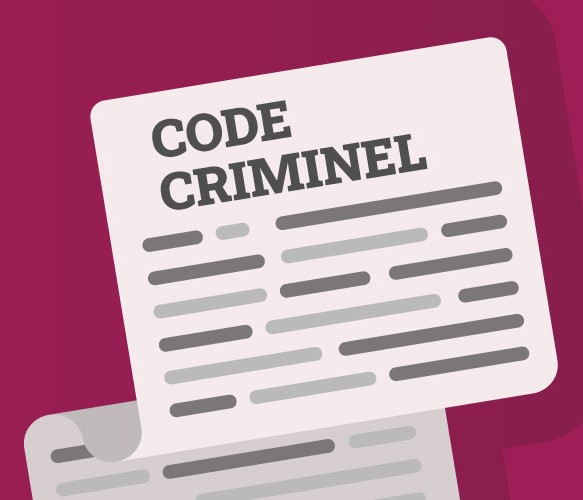
This law, which is part of the Constitution of Canada, sets out the rights and freedoms of Canadians. It recognizes the equality of French and English. Language rights apply to both the federal government and the provincial government of New Brunswick.
See the Guide to the Canadian Charter of Rights and Freedoms for more details.

On June 20, 2023, Royal Assent was granted to Bill C-13, An Act for the Substantive Equality of Canada’s Official Languages, which amends the Official Languages Act (OLA).
The modernized OLA continues to recognize French and English as the country’s two official languages and guarantees the right to receive government services in the official language of one’s choice in designated regions. In addition, this law acknowledges the distinct realities of all provinces and territories, as well as the minority status of the French language in North America.

The Criminal Code guarantees the right of an accused person to have a criminal trial in the official language of their choice (French or English) or in the language that allows them to testify most effectively. This ensures that a person charged can make a full answer and defence. The language rights set out in the Criminal Code apply across Canada.


